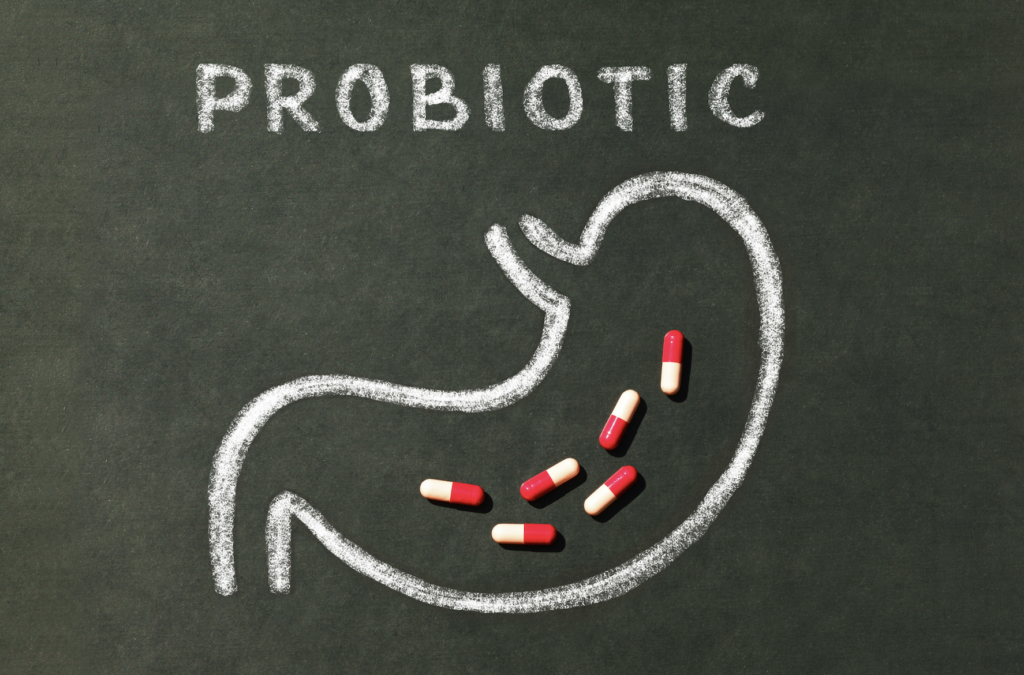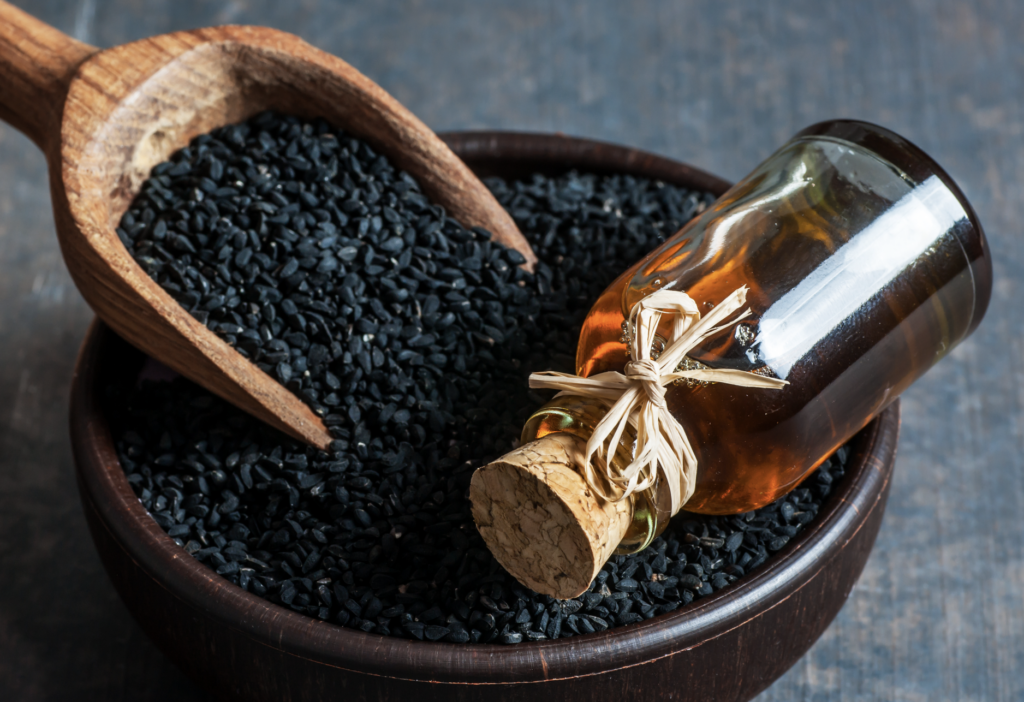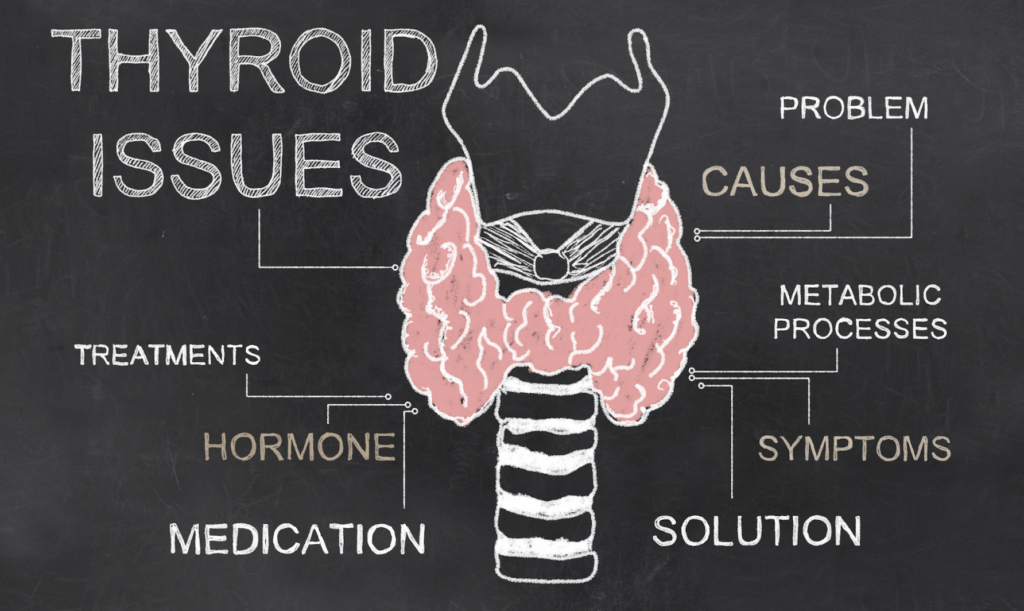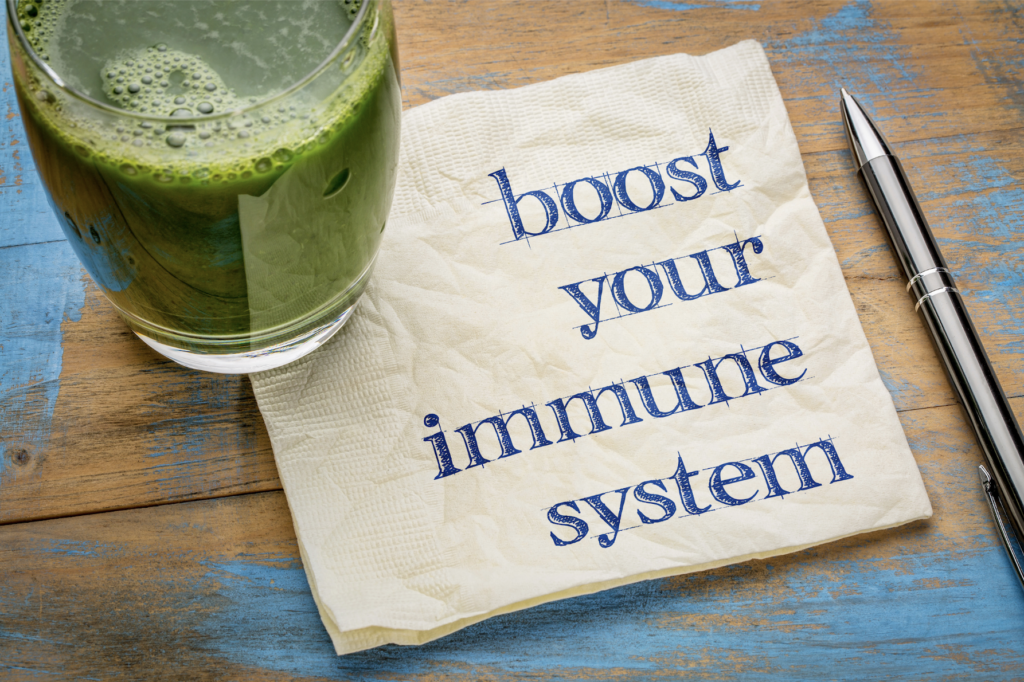
What is The Benefits of Probiotic Supplements? A Healthier Gut
What are the benefits of probiotic supplements? This is a common question that people ask. Probiotics have recently gained a lot of interest due to

What are the benefits of probiotic supplements? This is a common question that people ask. Probiotics have recently gained a lot of interest due to

Black seed oil is one of the substances with the greatest potential and historical significance in the field of natural remedies and holistic health, offering

Mucuna pruriens is a wonderful plant and offers many benefits. Welcome to “Exploring Mucuna Pruriens: A Holistic Approach to The Velvet Bean”, where we will
Digestive enzyme supplements are popular for treating many ailments, from digestive issues to heartburn and even gut irritation. These strong proteins are essential for breaking

Fat accumulation abnormally in the liver is the hallmark of fatty liver disease. This illness is posing an increasing threat to global health. Among the
Adrenal fatigue affects millions of people, all of whom have comparable symptoms such as unexplainable weight gain or weight loss but lack a formal diagnosis.

Ghrelin is a hormone primarily produced in the stomach and often referred to as the hunger hormone. It is responsible for signaling hunger and regulating

Thyroid problems are caused by the small butterfly-shaped gland nestled in your neck, which plays a pivotal role in your body’s intricate hormonal orchestra. When

In today’s world, where health issues are widespread, it has become crucial to strengthen our immune systems for our overall well-being. A healthy immune system

Cancer-killing foods play a vital role in your fight against cancer. They exhibit a certain chemical that inhibits the production and growth of certain cancer


By submitting this form you agree to receive messages from Health Secret & Well of Life. Your email address will NEVER be shared or sold. You’re always free to easily unsubscribe at any time. For more information see our Privacy Policy.